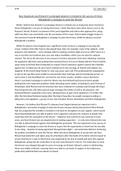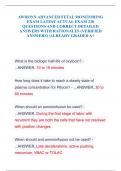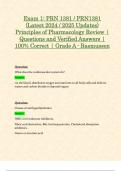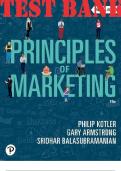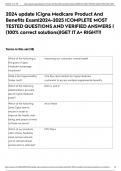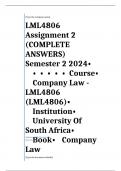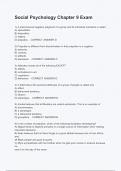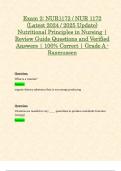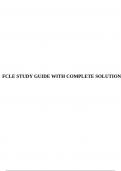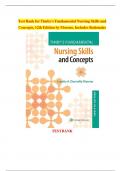Essay
How important was Richard II's polonged absence in Ireland to the success of Henry Bolingbroke's campaign to seize the throne? A2 History Pearson Edexcel
- Institution
- PEARSON (PEARSON)
How important was Richard II's prolonged absence in Ireland to the success of Henry Bolingbroke's campaign to seize the throne? A2 History Pearson Edexcel. High achieving student answer. Checked by teachers. A/B grade.
[Show more]
